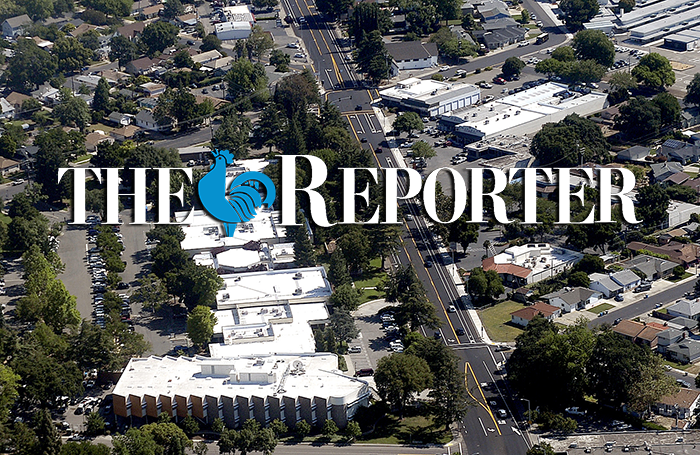
Considering the United States Supreme Court decision that ended affirmative action two months ago, many Black people recommend the community migrate back to Historically Black Colleges and Universities created for Black people.
Actually, Black people should have never forgotten that these schools (HBCUs) served as a safety net before society invented an artificial construct in which a few Black people from Ivy League institutions were allowed to succeed and land in board rooms, says J. Michael Brown.
Brown, Director of Pre-Law and Constitutional Studies Program at Simmons College, an HBCU, added that most Black professionals were educated elsewhere.
Since 1837, historically Black colleges and universities have been fighting for students’ rights to higher education and remain relevant.
On Sunday, Sept. 10, Mount Calvary Baptist Church will host its annual HBCUs recruitment fair to expose young people to many of our nation’s predominately Black education institutions. The church hosted the first event in 2007.
The late Emeritus Rev. Claybon Lea, Mount Calvary’s founding pastor, valued education. His son, the Rev. Dr. Claybon Lea Jr., the church’s senior pastor, supports HBCUs because of their emphasis on African-American history and heritage and their commitment to the educational achievements of Black students. Dr. Lea is an HBCU graduate of Morehouse College in Atlanta.
The church’s scholarship ministry is sponsoring the free recruitment fair in collaboration with United College Action Network, Inc. (U-CAN). It is open to the public from 4 to 7 p.m. at the church’s Fairfield campus, 1735 Enterprise Dr., Bldg. 3.
U-CAN is a 501c (3) nonprofit corporation that provides leadership services and college preparation assistance to students desiring to enroll in four-year postsecondary colleges, focusing on admissions to more than 100 HBCUs, according to the website.
Each year, representatives from more than 35 HBCUs offer students and parents information on hundreds of majors and degree programs, as well as on-the-spot admissions from selected colleges, if qualified. Qualified students have also received scholarships; some college fees have been waived at the event.
High-school students can register for the fair online at gotocollegefairs.swoogo.com/ucan-registration. Or visit ucangotocollege.org. They can also call 280-4793.
Seniors should bring to the recruitment fair 15 copies of current unofficial transcripts and their SAT/ACT test scores if available. Juniors, please bring at least seven of your unofficial transcripts, said organizers.
Young people, especially Black Americans, should consider HBCUs a viable first choice when setting educational goals.
In addition to a high-quality, equality-based education, HBCUs are smaller than many community colleges, allowing close association with professors and other students in a nurturing environment that supports individual achievement with mentoring, role models, networking, and positive cultural history.
The late Dr. Milton Combs, a longtime professor who taught at Solano Community College, once said that HBCUs have graduated many Black Americans who later became successful professionals, business leaders, educators, government, civic, and religious leaders.
He said these institutions helped to build the Black middle class and, through their college campus reserve officers’ training corps, prepared many students for the military, especially at the officer level.
Many HBCUs have top-rated programs in different fields and, in some cases, said Dr. Combs, are providing higher education equal to and exceeding similar programs offered at several mainstream colleges and universities. Some of the HBCUs have world-class facilities and technology.
Many businesses and companies, wanting to diversify their workforce often recruit at HBCU campuses.
Famous HBCU alums include Dr. Martin Luther King Jr., U.S. Rep. Barbara Jordan, Nobel Prize writer Toni Morrison, media mogul Oprah Winfrey, and Supreme Court Justice Thurgood Marshall, to name a few.
In previous columns, I have written that HBCUs were founded to educate Black people and equip them to be competitive across the board.
HBCUs belong to Black people and should function as research institutions and data centers for guiding Black economic revitalization, reparations, and political leadership.
HBCUs should also establish advisory boards to identify trends and industry changes, suggesting new directions in academic preparation to lead Black colleges into the future.
No college is perfect. However, I believe young people choosing an HBCU will benefit from feeling pride and belonging.
— The Vacaville author is a social issues advocate. 2022 Women of the Year Congressional Award Recipient. E-mail: damitchell@earthlink.net


